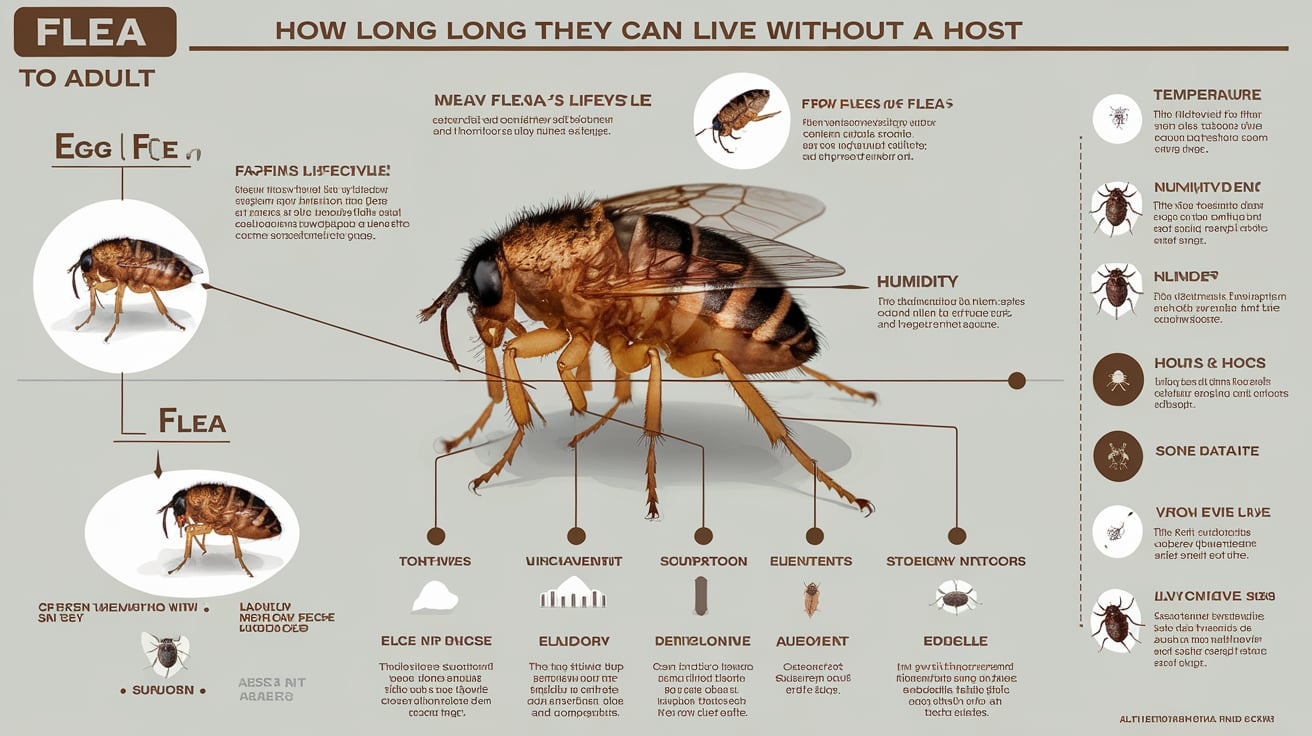How Long Can Fleas Live Without a Host: A Comprehensive guide2024
Introduction to How Long Can Fleas Live Without a Host Fleas are one of the most persistent pests, causing discomfort to humans and animals alike. A critical question many pet owners ask is, “How long can fleas live without a host Understanding this is vital for effective flea control. Fleas rely on a blood meal … Read more
